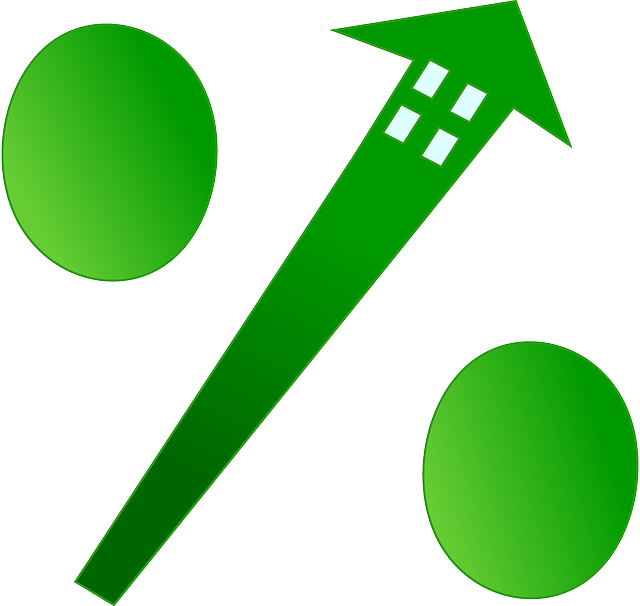Interest rates have been very low for many years now. There has been talk about interest rates rising, which is evidenced by the bond market. What do you do with your money if interest rates rise?
There are several aspects of your money to look at when asking this question. The first area is debt. When interest rates rise, the cost of paying any kind of debt will go up on average. The exception might be credit cards, but the rate on this type of debt is very high to begin with. If you have debt, prioritize it into debt that has a fixed interest rate or a variable interest rate. The fixed rate debt is typically mortgages or loans with a certain time limit as per the debt contract. Variable rate debt would be lines of credit, or a mortgage that has a variable rate. The variable rates should generally be paid down first in the event of rising rates, since these will be affected the soonest. The fixed rates may be left until they are renegotiated, but thought should be given as to how you can pay the new rate when it comes into effect. If these fixed rate loans are years into the future, this consideration can be left until 1 to 2 years before the current rate expires. The next step is to choose the highest variable rate loans and pay them first. I would include credit cards in this list, as these tend to have the highest rates for most people. If you currently have variable rate loans, you can consider locking in a fixed rate for a longer time period. If you absolutely need a static payment each month and cannot afford a higher interest rate, this option would be a good idea for you.
Article Source: http://EzineArticles.com/7829474











